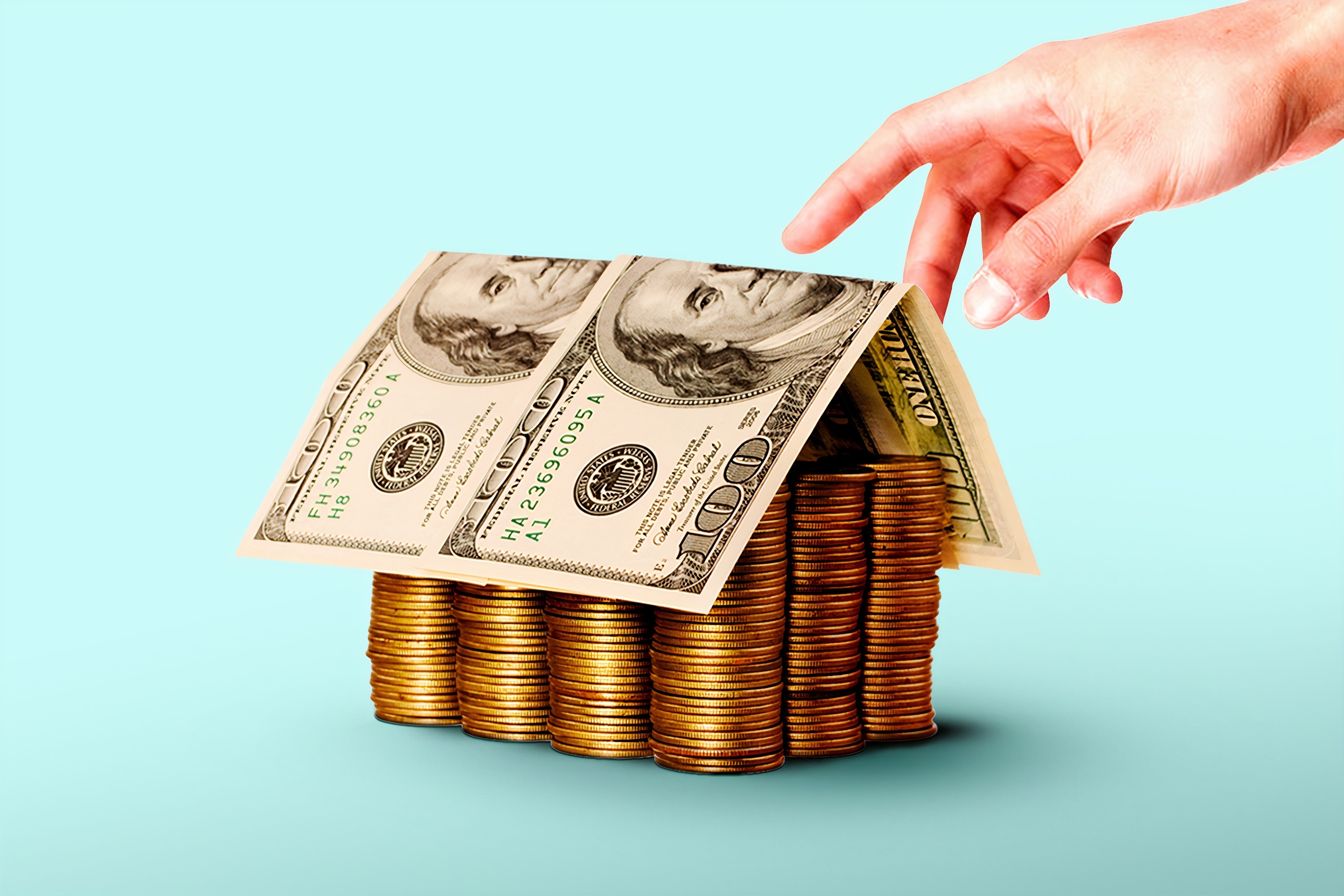
Can my landlord evict me for late fees?
January 1, 2020¿Cuánto tiempo tengo para responder el aviso de ejecución hipotecaria?
January 1, 2020When it comes to consumer fraud, awareness is the first stepIf you or someone you know is being taken advantage of, saying something early and reporting fraud are crucial for recovering any money that’s been lost if it can be and protecting you or your loved one’s well-being.Fraud happens. Scammers find clever ways to exploit people that can be hard to spot. You are not alone and help is available.
Questions you may have about consumer fraud
- Some people feel ashamed and embarrassed to say that they have been taken advantage of financially.
- Some people may feel loyal to the person who has taken advantage of them financially, but is good to them in other ways.
- Some people may feel fearful of retaliation or losing their independence after reporting the issue.
- Some people may feel dependent on the care or assistance provided by the person taking advantage of them
- Some people may blame themselves.
- Some people may be in denial.
- Some people are simply unaware that they are being exploited or do not know that they can report financial exploitation.
What should you do if you or someone you know becomes a victim of financial exploitation or another form of elder abuse?If you believe a crime has been committed or the person is in danger, call 911. You can also call your local law enforcement’s non-emergency number to start a police report.Follow the steps below if you do not believe it is necessary to involve the police at this time.
Contact Adult Protective Services
- Adult protective services in Nassau County
- Adult protective services in Suffolk County
- You can also use the Eldercare Locator at eldercare.acl.gov or chat online with a specialist
- You can reach the U.S. Administration on Aging at 1-800-677-1116
How do I report identity theft?Identity theft should be reported to the local police and the Federal Trade Commission (FTC).
- You can call the FTC at 1-877-438-4338
- You can also make your report to the FTC online at identitytheft.gov
If you lost money from your bank account or if money was spent on a credit card, contact the financial institution or the creditor.
You may want to order a copy of your credit report and place a fraud alert on your credit report. Read more about identity theft from the Consumer Financial Protection Bureau.
Will the Do-Not-Call list prevent me from consumer fraud?No, The Do-Not-Call list can stop some calls from telemarketers from real businesses.It will not stop criminal telemarketers from fake businesses from calling.
Someone called pretending to be the IRS. How do I report an IRS telephone scam? The IRS will never ask for any payment information over the phone (for example, credit card, debit card or prepaid card information).
Report someone pretending to be the IRS to the Treasury Inspector General for Tax Administration at 1-800-366-4484.
You can also report the scam online:
- Report the scam to the IRS at irs.gov/uac/report-phishing.
- Report the scam to the Federal Trade Commission at ftccomplaintassistant.gov
I got an email from someone claiming to be the IRS. What should I do?
- Do not open any attachments or click on any links.
- Forward the email as is to phishing@irs.gov – with the same email headers.
More information is available about phishing on IRS.gov.
How do I report a charity scam?If you think a charity is scamming you, file a complaint with the Federal Trade Commission online or over the phone at 1-877-FTC-HELP. Complaints can help the FTC detect patterns and prosecute scammers.
Some helpful tips:
- You can look up charity ratings at charitywatch.org, an organization promoted by the Federal Trade Commission.
- Watch this video about How to File a Complaint with the Federal Trade Commission
How do I report credit fraud?You can submit a complaint about problems with credit reporting companies or a problem with your credit report by calling the Consumer Financial Protection Bureau (CFPB) at 1-855-411-2372 or visiting the CFPB online.
If there are charges on your credit card that you did not make, contact your credit card company.
Read what the FTC says about extended fraud alerts and credit freezes.
What is an impostor scam?An impostor scam is where someone pretends to be someone else, maybe someone you know or a business or charity you trust. Impostor scams can be over the phone, email or through the mail. Common impostor scams include someone pretending to be:
- a debt collector
- a debt settlement company or offering debt relief
- a foreclosure relief company
- a relative or grandchild in need of money or a gift card
- someone you know or trust like a sheriff, local, state or federal government employee
- your real estate agent, attorney, escrow officer or title company
Lottery, sweepstakes or prize scams are also impostor scams.Sometimes the impostor will ask for an upfront payment or for you to transfer or wire them money.
How do I report an impostor scam?Report impostor scams and financial abuse to the
If you believe a crime has been committed or the person is in danger, call 911.You can also call your local law enforcement’s non-emergency number to start a police report.
You may want to contact Adult Protective Services:
- Adult protective services in Nassau County
- Adult protective services in Suffolk County
- You can also use the Eldercare Locator at eldercare.acl.gov or chat online with a specialist
- You can reach the U.S. Administration on Aging at 1-800-677-1116


